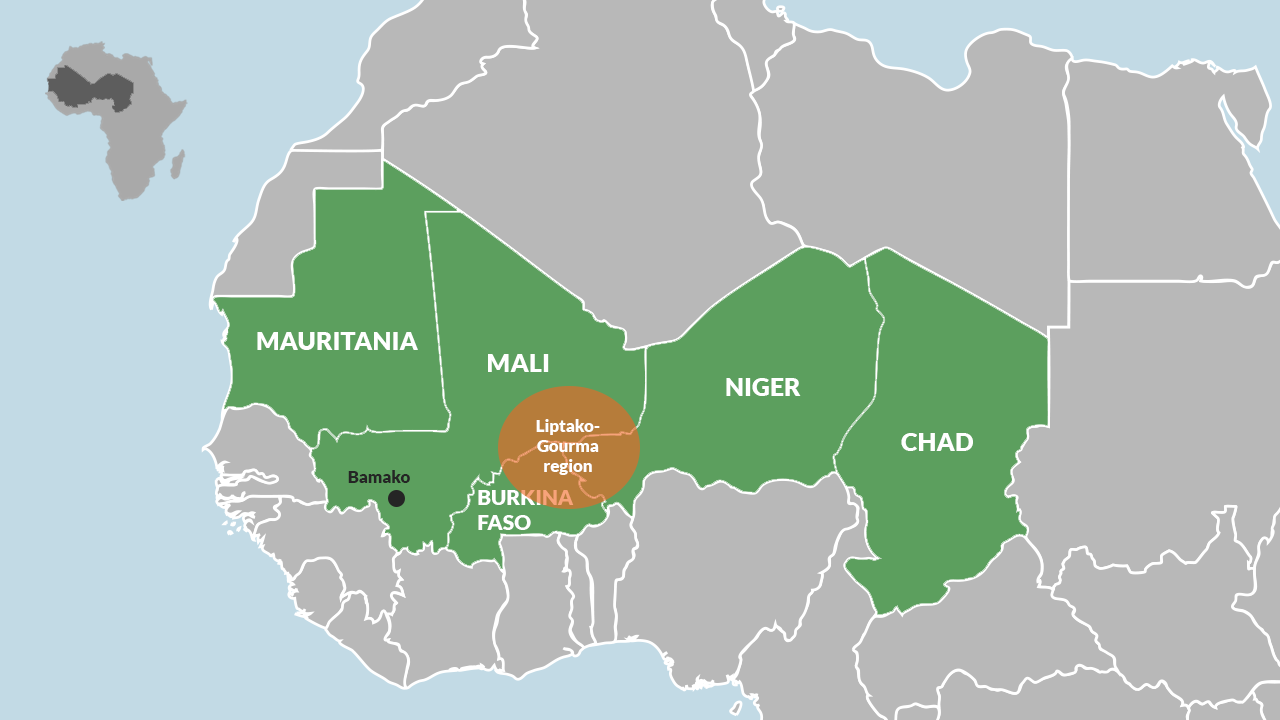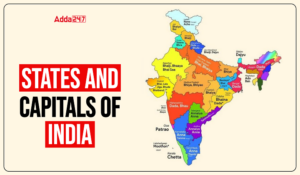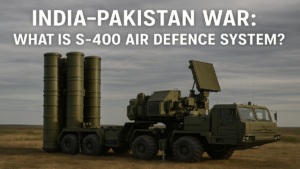Mali, Burkina Faso, and Niger have come together to address the pressing issue of jihadism in the Liptako-Gourma region by signing a mutual defense pact known as the Alliance of Sahel States (AES). This landmark agreement aims to establish a framework for collective defense and mutual assistance among these nations to protect their populations from the growing threat of terrorism. Here, we delve into the key aspects of this development.
The Liptako-Gourma Charter:
The heart of this historic pact is the Liptako-Gourma Charter, which was officially signed by the military leaders of the three Sahel countries. The charter, posted on social media by Mali’s junta leader Assimi Goita, outlines the core objectives of the Alliance of Sahel States.

Collective Defense and Mutual Assistance:
The primary goal of the AES is to create a system of collective defense and mutual assistance among Mali, Burkina Faso, and Niger. This collaboration is essential to tackle the escalating threat of terrorism that has plagued the Liptako-Gourma region for years.
Combining Military and Economic Efforts:
The alliance is not limited to military cooperation alone. According to Mali’s Foreign Minister Abdoulaye Diop, it also emphasizes the importance of economic efforts. The member states recognize that addressing the root causes of instability, such as poverty and lack of development, is crucial alongside their military endeavors.
The Fight Against Terrorism:
The AES places the fight against terrorism at the top of its priority list. All three countries have been grappling with a jihadist insurgency since 2012, with the conflict spreading from northern Mali to Niger and Burkina Faso in 2015. This shared security concern has brought them closer together.
Political Instability and Coups:
The recent history of political instability in these nations adds complexity to the pact. All three countries have experienced coups since 2020, with Niger being the most recent case. The Economic Community of West African States (ECOWAS) has threatened military intervention in Niger over the coup, leading Mali and Burkina Faso to assert that any such operation would be considered a “declaration of war” against them.
Duty of Assistance and Use of Armed Force:
The Liptako-Gourma Charter legally binds the member states to assist each other, including the use of armed force if necessary, in the event of an attack on any one of them. This commitment underscores their dedication to preserving sovereignty and territorial integrity.
Preventing and Settling Armed Rebellions:
Beyond responding to external threats, the alliance also commits to working together to prevent and resolve internal armed rebellions. This collaborative approach aims to enhance stability within each member state.
Challenges and Renewed Conflicts:
Mali, in addition to battling jihadist groups linked to Al Qaeda and the Islamic State, has experienced a resurgence of hostilities involving Tuareg armed groups. The situation is already straining Mali’s armed forces and raising questions about the junta’s claims of improving security.
Complex Regional Dynamics:
This pact unfolds against the backdrop of shifting regional dynamics. Mali’s junta has expelled France’s anti-jihadist force, and the UN peacekeeping mission (MINUSMA) withdrew in 2023. France’s troops have also been pushed out of Burkina Faso, while Niger’s coup leaders have terminated several military cooperation agreements with France.
Find More International News Here




 SBI Clerk Mains GA Capsule 2025: Latest ...
SBI Clerk Mains GA Capsule 2025: Latest ...
 States and Capitals - How Many States in...
States and Capitals - How Many States in...
 India-Pakistan War: What is S-400 Air De...
India-Pakistan War: What is S-400 Air De...


